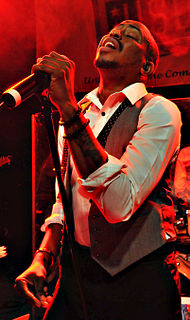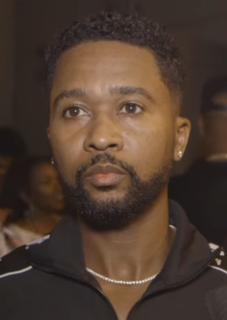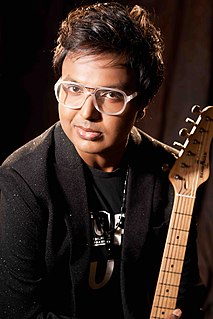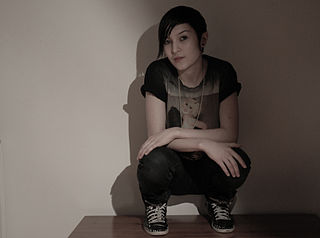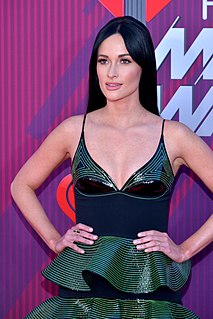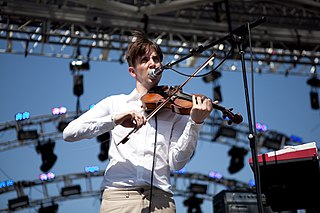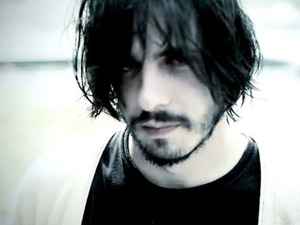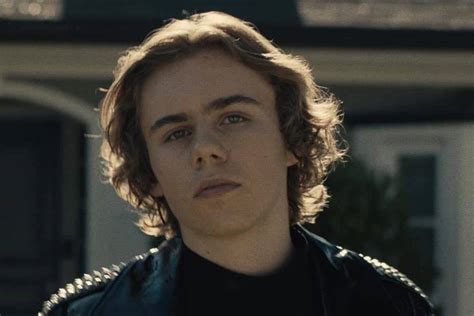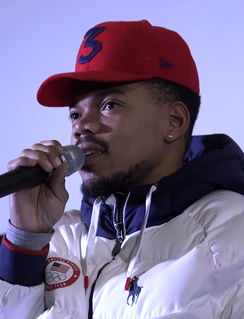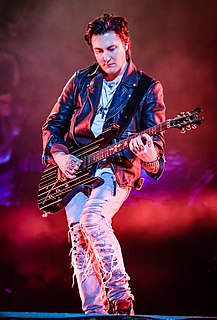A Quote by Raheem DeVaughn
I feel like music can be therapeutic for all of us - not just music lovers but the artists that create it.
Quote Topics
Related Quotes
Guys like Future and me, we help create and shape the sound of music - not just Atlanta music, but music all over. If you really pay attention to the music being made, a lot of that is very heavily influenced by the stuff that we created. I listen to so many songs that's like, 'Damn, this sounds like my music!'
I love writing, composing and producing music. It's what I enjoy doing most in life and I create so much material that crosses over so many different styles that it would be virtually impossible to release all under one name/project. That's mainly why I like to create aliases and work on production for other artists as well. It just make sense. I just want to be able to have an outlet for all the different styles of music that I like working in.
I think for us, we don't feel like the future of music is in the act of being a record company. We feel like the future of the music business is in empowering artists to have better and better tools to communicate with their fans. We want to be people who are saying to artists, "Look, you don't need that company over there to release your album. You can do it this way." Almost more of a band partnership than a label-artist relationship. Not about ownership of content, but about empowerment.
I've always identified people's taste in music as being kind of hetero and/or homo - there's music people like because they feel like they have aesthetic similarity to it and the music they wish to create, and then there's music that represents the other, that they listen to because it represents an escape from the music that they have to make.
The music industry itself is changing so quickly, that everything new, like Spotify, all feels to me a bit like a grand experiment. And I’m not willing to contribute my life’s work to an experiment that I don’t feel fairly compensates the writers, producers, artists, and creators of this music. And I just don’t agree with perpetuating the perception that music has no value and should be free.
The stress that we [with Abilities] always feel is trying to continue advancing with our music. That's our plight, it's ingrained in our personalities. We feel like we're trying to race the world of music itself - just trying to create the best music, and as soon as we get done with one piece we're trying to figure out how to top it.
The show is coming from the music. I get on the stage with the band, and I communicate with my musicians, and the music that we create and all that is coming out of us. The music is making the show and the music is creating the atmosphere, so if you close your eyes and listen and feel what it is that's coming out of the speakers, that's the whole point.
Just based on the primary adage of the necessity breeding innovation, it was just like 'Well, what makes me the guitar player that I am?' and I feel like I listen to so much different music, and I'm a student of so many genres of music, and I feel like it's fun to apply those things and anything super applicable to any type of music.
